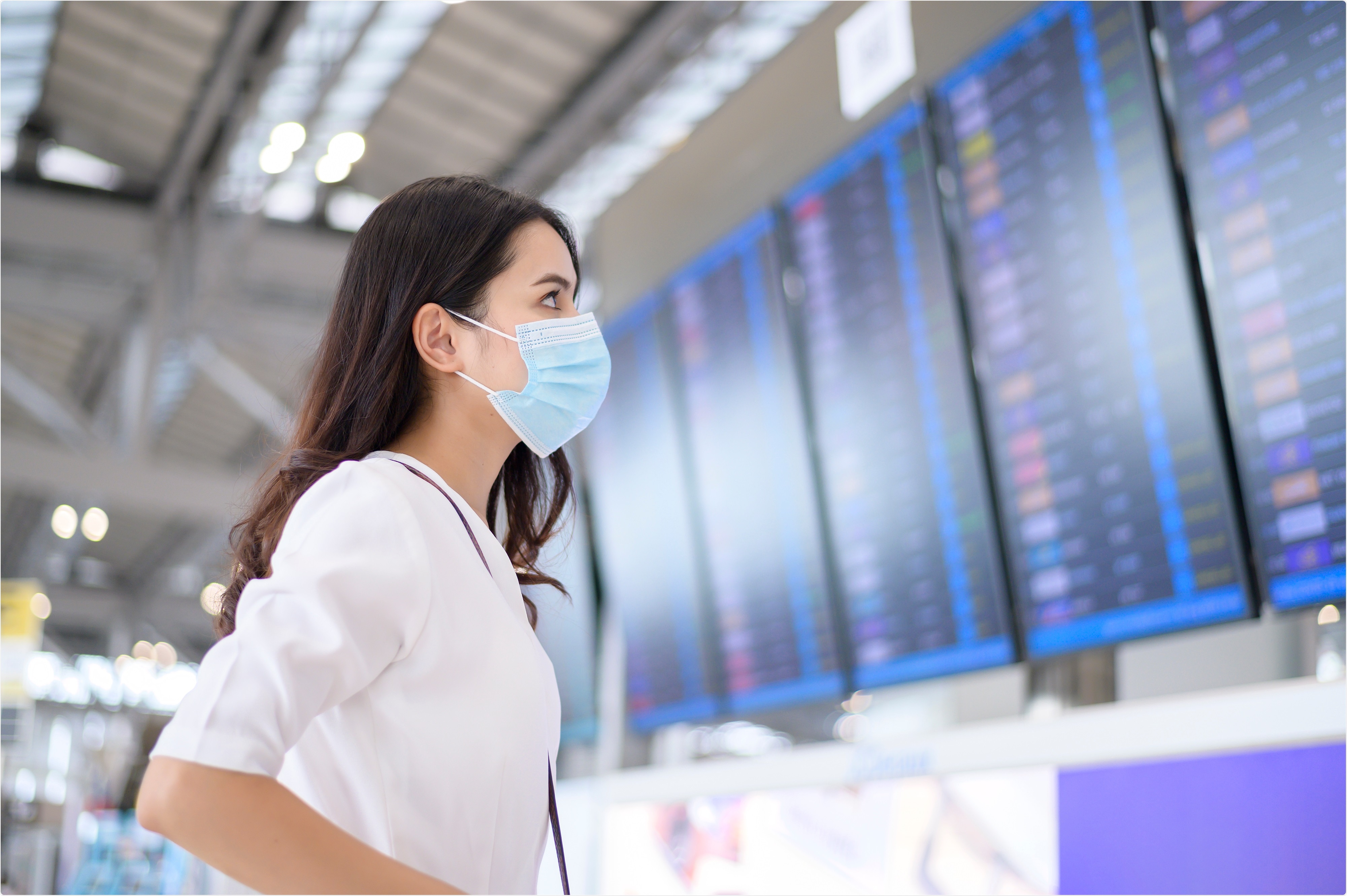The coronavirus disease (COVID-19) pandemic, caused by severe acute respiratory syndrome (SARS-CoV-2), is far from over. As the cases continue to rise, countries grapple with controlling the viral spread. To date, over 209 million individuals have been infected with SARS-CoV-2, with more than 17 million cases recorded worldwide over the past 28 days.
Now, the U.S. Centers for Disease Control and Prevention (CDC) has released a new travel advisory, noting four new destinations added to the Level 4 list on August 16. These include Dominica, the Island of Jersey, Montenegro, and Turkey.
Travel should be avoided to these destinations, and if travel is required, travelers should be fully vaccinated first.
“Do not travel internationally until you are fully vaccinated. If you are not fully vaccinated and must travel, follow CDC’s international travel recommendations for unvaccinated people,” the CDC noted.
Destinations acquire COVID-19 very high level 4 status when they had more than 500 cases per 100,000 residents in the past 28 days. The level 3 category is assigned to a destination with 100 to 500 cases per 100,000 residents in the past 28 days.

Image Credit: Thanakorn.P / Shutterstock
CDC’s travel advisory
The CDC advises travelers to refrain from going to other countries until they are fully vaccinated. Fully vaccinated individuals are less likely to contract and spread SARS-CoV-2. However, the risk for vaccinated people may increase during international travel, particularly when visiting COVID-19 hotspots.
Also, the CDC recommends that fully vaccinated people make sure they understand and follow all airline and destination requirements before traveling. This way, they will not face any problems during the trip. These requirements include mask-wearing, quarantine, and testing guidelines.
The health agency also advises travelers to always wear a mask over the nose and mouth during travel, particularly on public transportation such as trains, buses, and planes. In addition, after traveling, people should get tested, monitor for COVID-19 symptoms, and follow state and local recommendations after travel.
All air passengers coming to the United States, including U.S. citizens and fully vaccinated people, must have a negative COVID-19 test result no more than three days before travel or documentation of recovery from COVID-19 in the past three months before they board a flight to the United States.
If you are not fully vaccinated and must travel, take the following steps to protect yourself and others from COVID-19. First, before you travel, get tested with a viral test 1-3 days before your trip. Second, ensure you understand and follow all airline and destination requirements related to travel, testing, or quarantine, which may differ from U.S. requirements. If you do not follow your destination’s requirements, you may be denied entry and required to return to the United States.
After the trip, they should get tested three to five days after travel and have self-quarantine for full seven days. The CDC also reports that some people should not travel. These include those exhibiting symptoms of COVID-19, those with suspected or diagnosed COVID-19 even if they do not manifest symptoms, and have been around someone with COVID-19
“People who have recovered from COVID-19 within the past three months, or are fully vaccinated, do not need to self-quarantine and can travel after an exposure unless they have symptoms of COVID-19,” the CDC explains.
Meanwhile, if the results are positive and the traveler had contact with a patient in the past, a self-quarantine is needed. Self-isolation is crucial to prevent transmitting the virus to others.